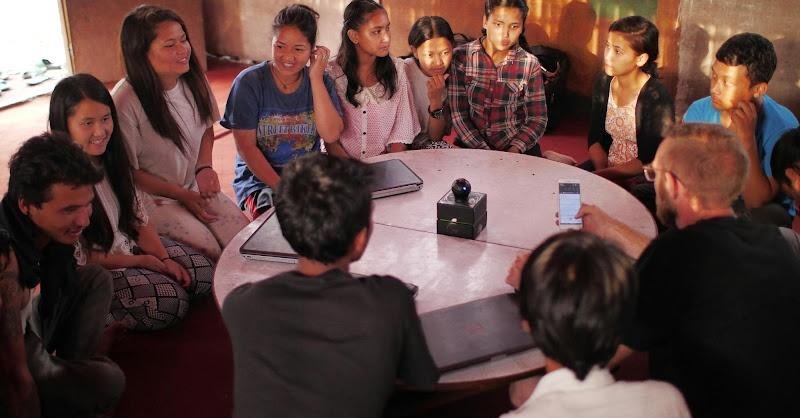Entering the community health field promises personal growth and the opportunity to impact public wellness substantially. A master’s in community health equips individuals with the knowledge to foster healthier populations and create effective health policies.
With an increasing focus on preventative care and community-based health initiatives, this advanced degree can open doors to influential positions in the healthcare industry.
In this article, we will delve into the advantages of achieving a master’s degree in community health and how it can transform your career and the lives of those in your community.
The Role of a Master’s Degree in Community Health Policy Influence
A master’s degree in community health offers more than practical skills; it positions individuals to influence health policies. Understanding public health laws and regulations is essential for those aiming to make large-scale changes. This knowledge enables graduates to advocate for effective solutions that address community health challenges.
Graduates are well-prepared to engage with policymakers, providing evidence-based recommendations that guide decision-making. They become authoritative voices in legislative discussions, ensuring that communities’ concerns are addressed. Their expertise helps shape policies that directly impact the health and well-being of populations.
Curricula often incorporate health economics and advocacy, training students to navigate and leverage the political aspects of public health. This combination of policy knowledge and practical application can lead to lasting improvements in community health outcomes. Graduates can influence policy changes that result in better health programs and services.
Furthermore, those with a master’s degree often participate in grant writing and program funding, essential for supporting and expanding community health initiatives. These skills enable graduates to secure the resources to implement health programs effectively. This expertise is critical for sustaining long-term community health improvements.
Advancing Your Career with a Master’s in Community Health
Pursuing higher education in community health broadens expertise and opens pathways for career advancement. A master’s degree sets individuals apart in the competitive healthcare landscape and demonstrates a strong commitment to understanding and addressing public health principles at a deeper level.
This advanced education positions graduates as valuable assets within the field, prepared to tackle complex health challenges.
Graduates are often sought after for leadership roles, managing community health programs, and spearheading initiatives that address pressing public health concerns.
These roles come with increased responsibility and recognition, often accompanied by higher compensation and opportunities to influence policy and program development. The ability to lead teams and drive impactful changes makes master-level professionals integral to advancing community health efforts.
Master’s programs in community health emphasize both academic rigor and practical application. The curriculum typically covers research methods, evidence-based practices, and public health strategies, equipping graduates to contribute meaningfully to the scientific community.
Many programs also integrate hands-on experiences, such as internships or practicums, allowing students to apply their knowledge in real-world settings. These experiences are critical for building competence, enhancing credibility, and solidifying a strong professional reputation.
A quick Google search for “masters community health” can help you find a variety of programs offered by schools, with flexible options designed to fit different career goals and schedules. This search can provide details on the best programs, offering insights into curriculum, duration, and potential for career advancement.
Networking and Professional Development Through Graduate Education
Graduate programs foster an environment ripe for networking, offering students the chance to connect with peers, faculty, and industry professionals. These connections often lead to collaborative opportunities, mentorship, and job prospects.
Professional development is an integral part of a master’s program. Students are encouraged to attend conferences, participate in workshops, and join professional organizations—activities that enhance their resumes and deepen their industry knowledge.
Beyond formal education, the experiences and insights shared among classmates can enrich a student’s perspective and provide support throughout their career. This sense of community is invaluable, particularly in a field that relies heavily on collaboration.
Such programs also frequently welcome well-established guest speakers and lecturers who provide inspiration and real-world insights into the challenges and rewards of working in community health.
Altogether, a Master’s in Community Health opens the door to impactful career opportunities, enabling graduates to shape public health policies, lead community initiatives, and drive meaningful change.
The combination of specialized knowledge, practical experience, and networking opportunities makes this advanced degree a valuable asset for anyone passionate about improving population health.










